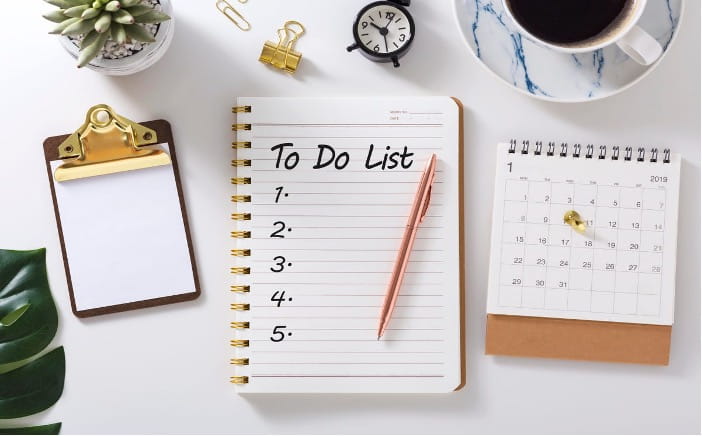Getting Back Into Studying After The Break

Returning to studying after a break could be very difficult, with loads of fun we students experienced over the Christmas break. Getting back to achieving great grades may seem tricky.
But there is always going to help, especially from the law stars, lecturers, and personal tutors. For all returning students, here are five tips that might help.
1. Map out a plan

A clear plan results in higher chances of achieving success, there is a saying “failing to plan is planning to fail”. Mapping out a plan gives a clear understanding of what needs to be done and how it can be done. There can be a level of panic when becoming overwhelmed by the amount of information that needs to be accumulated, especially for law students, but a plan breaks this down into smaller pieces and makes it achievable.
Drawing up a study timetable with a reading partner for example is a good plan. Having been away for four weeks the drive to study alone might be difficult but having a study partner and a plan hand in hand is effective. For those who like working digitally, the use of electronic planners and the Microsoft to-do list app is a good way of planning.
With weekly or bi-weekly MCQs coming up, at the beginning of each week, a penned-down to-do list makes an accurate plan in other to avoid missing the deadlines. Life may throw curve balls at us and affect our plans sometimes, but so far a plan is in place, and we can be on top of things regardless of the situation.
2. Have a routine
![]()
A routine might seem like a plan, but they are two different things. A routine is like a daily ritual, it might be going to the gym every morning or late-night run, this is something you do outside the scope of your academics but helps in achieving good academic performance.
In addition, a routine creates a balanced lifestyle, healthy living is essential in man’s life and a routine sees to this. These repeated actions help us differentiate when we are studying or relaxing, “routines are a powerful human mechanism for managing extreme motions and stress”.
Hence, they are actions we take every day, and they give us a sense of comfort. To get back into studying effectively after a break, having a routine would help in our daily life by giving us a purpose of well-being.
3. Creating a study space

Finding the right study spot is important in finding our study groove after a break, the right study space can be anywhere. With the university being over forty hectares of land, finding the right study space should not be difficult. This could be your room, the library, the Silberrard Centre or the law common room.
Hence, students should be advised that being in the comfort of their room for the study is not always the best, but this depends on how well you know yourself to avoid distractions. A study space needs to make you comfortable, and no one knows you better than yourself.
4. Through focus apps

The use of electronic tools and apps that help for focusing, could boost ones studying sessions. Being in the day and age of social media, 100% focusing on studying for one or two hours without having to scroll through social media, is challenging.
The cold turkey app, for example, blocks websites within a certain time allocated by you, this results in maximizing your input towards studying. Techniques such as the Pomodoro techniques also help in improving focus. Here, you work for a period of 25 minutes and take a 5-minute break, this is repeated three times before a half an hour break. Techniques and tools such as this help in effective studying.
5. Set goals

A goal sets out what you want to achieve at the end of a particular period. This is the last teaching term for the section, a goal shows what you want to achieve and thereby gives you a sense of purpose as you carry on with the term.
In addition, a goal might be short-term or long-term, when you have a goal at the beginning of the term you want to achieve at the end of the term, it tailors your plan to the goal, and it also channels your routine to the goal. Some students' goals might be achieving a second-class upper, and some might be a first, but always aim as high as you can. Goals are very achievable; you just have to work towards them.

